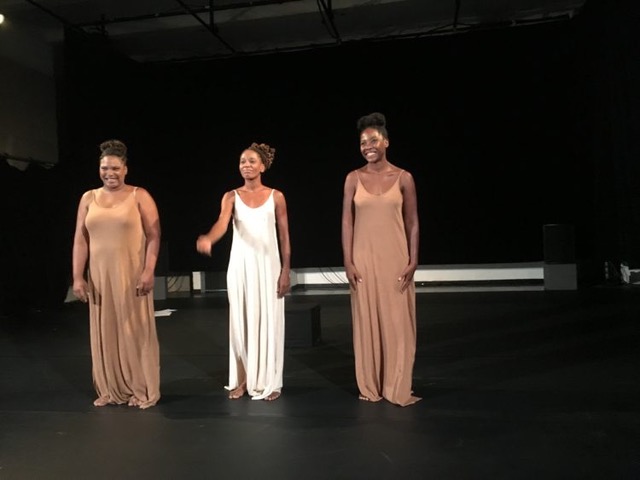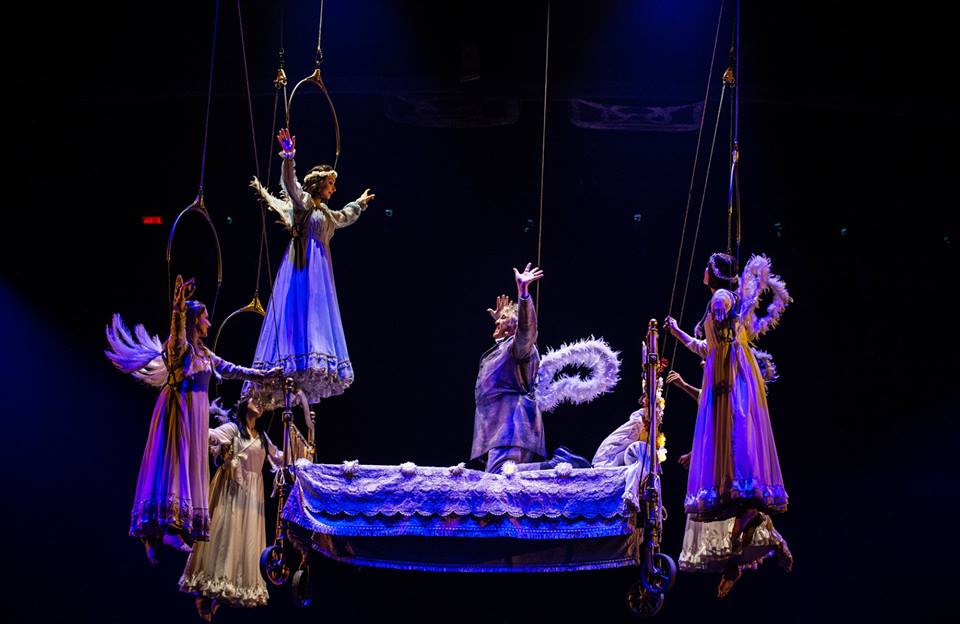TheTheatreTimes.com is a non-partisan, global portal for theatre news. With an expanding collaborative team of Regional Managing Editors around the world, we aim to be the largest global theatre news source online.
TheTheatreTimes.com publishes news stories on daily basis from a variety of sources. In addition to original content, we have agreements with many regional publications which allow us to repost their stories and articles.
In addition to our app (available at Apple’s App Store and on Google Play), we are developing many other features that will further enhance our readers’ experience and allow them to connect to other theatre people around the world.
Our main goal is to create a transnational discursive space that would bring together theatre-makers and theatre lovers, facilitating global collaborative models, and generating opportunities for interaction and creative development amongst a wide network of international theatre-makers and theatre goers.
We want to be the number-one destination for both globetrotting theatre lovers and adventurous theatre-makers looking for new inspirations and professional partnerships.
Why are we different?
During much of the last century, Western theatre scholarship and theatre-making have been in a somewhat predatory—colonial and postcolonial—relationship with the rest of the world. American, British or Western European theatre scholars and artists would travel to faraway locales—Africa, Asia, South America or Eastern Europe—to gain some, often superficial, knowledge of the local theatre ecosystem.
They would use whatever they needed for their scholarship and theatre-making, too often without concern for the people and art they’d borrowed, written about and left behind. The entire semiotic landscape of a particular culture would be subsumed under the Western understanding, processed and interpreted through the prism of Western cultural codes and canons.
This is not to say that such a state of affairs has never led to mutually respectful relationships and collaborations, but such methodology has not benefited the rest of the world and has also not helped the West.
In today’s interconnected, global world, social media and digital tools provide access to the virtual public space for everyone, and Western scholars and theatre-makers do not need to serve as cultural intermediaries.
By giving a platform to local, regional editors, native language speakers and cultural insiders, TheTheatreTimes.com hopes to provide a new model of intercultural exchange. All of our editors have direct access to our platform; they are interpreters of their own cultures; and they represent their theatre as is, without filters. Thanks to modern technology, developing such a pluralistic model of cultural sharing is no longer a pipe dream.
In the old model, access to international theatre and the professional network of collaborators and opportunities that accompanied it, was owned by those who could afford to travel. Even today, specialized articles written by knowledgeable scholars familiar with local theatre cultures are often locked behind paywalls of commercial scholarly online platforms. Most theatre practitioners and academics across the world do not have or cannot afford access to these databases.
TheTheatreTimes.com– both our website and our app–is accessible to all. All of us can share knowledge despite often unequal access to external resources. Our goal is to create a network that supports and nurtures the professional mobility of our readers and contributors.
What is our vision?
Although scarcity is a driving force behind much of the theatre discourse in many countries today, we are not particularly interested in lamenting the deplorable conditions of the current theatre field. Sure, theatre needs more money, spaces, audiences, representations, respect, love, and attention. But in most places around the world, theatre has been always underfunded, underprivileged, and underserved.
Yet, theatre is also the oldest, the most enduring, the most adaptive, and most persistent of human art forms. It has been in a perpetual state of crisis and shortage, and yet, it has effectively outlived all political systems, and social upheavals, all technologies, wars, restrictive social mores of all sorts, bouts of censorship, bans, plagues, and economic and institutional collapses. (Note to legacy founders: if you want a monument that’ll survive for centuries, invest in theatre instead of tech. Although tablets have changed, we still read the same exactly Greek dramas as our ancient predecessors.)
We assert the importance and impact of theatre as one of the oldest and most universal forms of human expression, celebrating and cherishing what we do day after day, despite obstacles and sometimes perhaps even because of them.
This post was written by the author in their personal capacity. The opinions expressed in this article are the author’s own and do not reflect the view of The Theatre Times, their staff or collaborators.
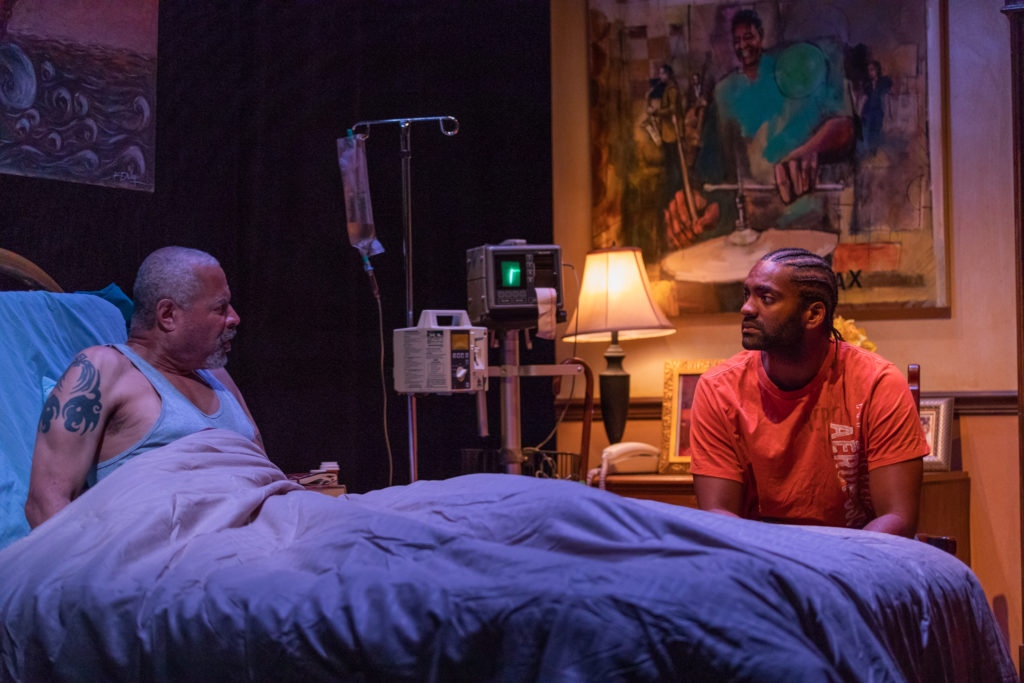


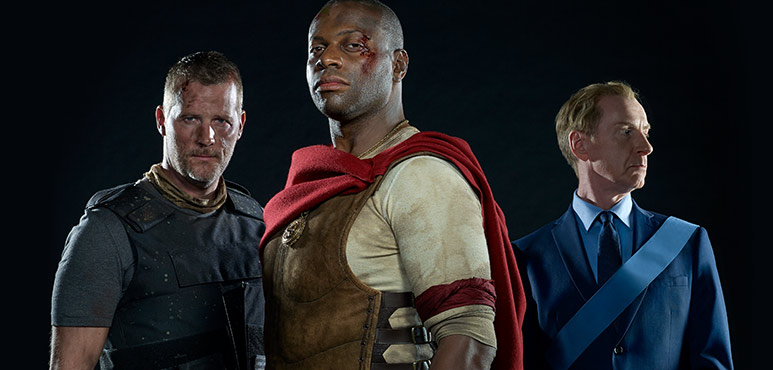
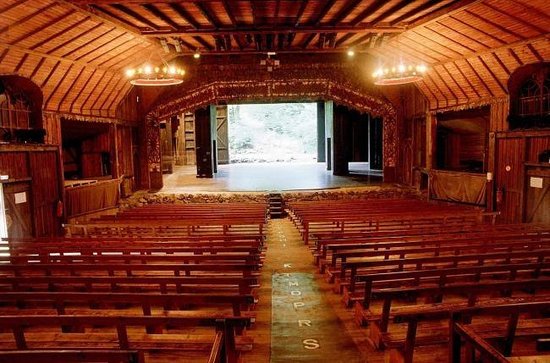

 Wajdi Mouawad, artiste libano-canadien aujourd’hui à la tête du Théâtre de la Colline à Paris, a donné à voir dans la Cour d’Honneur du Palais des Papes, en 2009 au Festival d’Avignon, les trois premières pièces de sa tétralogie : Littoral (l’eau), Incendies (le feu), Forêts (l’air et la terre). Trois tragédies pour parler de la guerre et de l’exil, de la quête de soi et de ses racines. Du quatrième opus, représenté la même année au Parc des Expositions, le dramaturge dira qu’il vient contredire le propos, Ciels étant « une chose différente… quelque chose qui pourrait affirmer que le passé et les origines ne sont pas nécessaires pour avancer dans la vie »
Wajdi Mouawad, artiste libano-canadien aujourd’hui à la tête du Théâtre de la Colline à Paris, a donné à voir dans la Cour d’Honneur du Palais des Papes, en 2009 au Festival d’Avignon, les trois premières pièces de sa tétralogie : Littoral (l’eau), Incendies (le feu), Forêts (l’air et la terre). Trois tragédies pour parler de la guerre et de l’exil, de la quête de soi et de ses racines. Du quatrième opus, représenté la même année au Parc des Expositions, le dramaturge dira qu’il vient contredire le propos, Ciels étant « une chose différente… quelque chose qui pourrait affirmer que le passé et les origines ne sont pas nécessaires pour avancer dans la vie » 